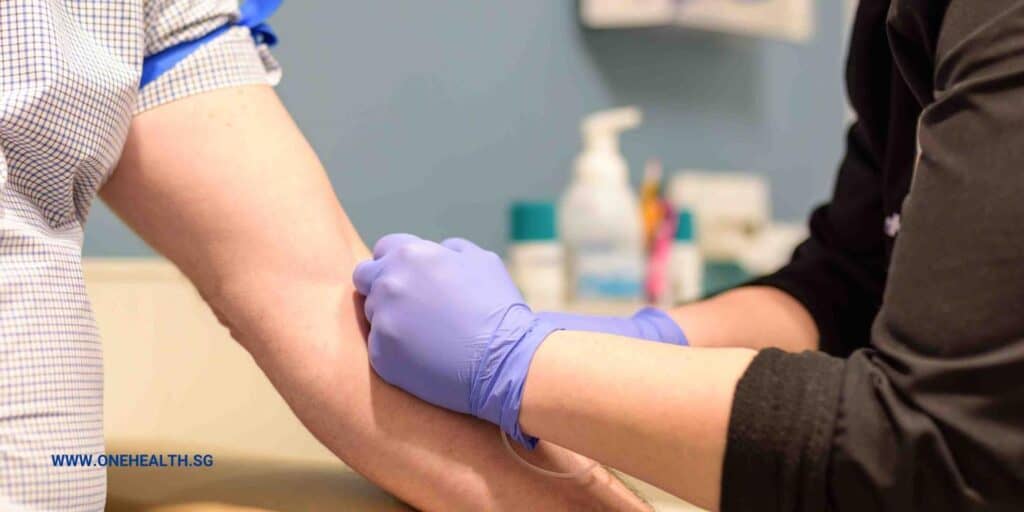In the pursuit of a fulfilling and productive life, maintaining good health is of utmost importance. Yet, men often tend to neglect their health and well-being, putting themselves at risk for preventable health issues. Regular health screenings and preventive healthcare measures are essential for early detection of potential problems and ensuring a healthier and longer life. In this article, we will explore the significance of men’s health screenings, discuss the key screenings and preventive measures, and encourage men to take charge of their well-being through proactive health management.
The Importance of Men’s Health Screenings
Health screenings involve various medical tests and examinations that assess a person’s overall health and detect potential health concerns. Regular screenings are particularly important for men, as they can help identify health issues in their early stages when they are more treatable and manageable.
Despite the importance of screenings, studies show that men are less likely than women to undergo preventive health check-ups. This trend can lead to delayed diagnoses, and potentially, more severe health conditions. Encouraging men to prioritize health screenings can be a life-changing step toward safeguarding their well-being.
Key Health Screenings for Men

- Blood Pressure Screening: High blood pressure, or hypertension, is a silent killer that can lead to heart disease, stroke, and other serious health problems. Regular blood pressure screenings help detect hypertension early and allow for timely intervention.
- Cholesterol Screening: Elevated cholesterol levels can contribute to the development of heart disease. A cholesterol screening measures the levels of HDL (good) and LDL (bad) cholesterol in the blood.
- Blood Glucose Test: Diabetes is a growing concern, and regular blood glucose tests are crucial for detecting prediabetes or diabetes early. Early intervention can help prevent complications and manage the condition effectively.
- Prostate-Specific Antigen (PSA) Test: The PSA test is used to screen for prostate cancer. Early detection of prostate cancer significantly improves treatment outcomes.
- Colorectal Cancer Screening: Colorectal cancer is a significant health risk for men. Regular screenings, such as colonoscopies, can help detect precancerous polyps or early-stage cancer, leading to better treatment options.
- Skin Cancer Screening: Men, particularly those with fair skin and a history of sun exposure, are at higher risk for skin cancer. Regular skin cancer screenings can help detect suspicious moles or growths early.
- Vision and Hearing Screenings: Vision and hearing screenings are essential for detecting any changes in eyesight or hearing ability and ensuring timely intervention.
- Dental Check-ups: Regular dental check-ups are essential for maintaining oral health and preventing dental problems.
Preventive Healthcare Measures
In addition to screenings, preventive healthcare measures play a significant role in men’s well-being. Adopting healthy lifestyle habits can reduce the risk of developing chronic diseases and improve overall health.
- Healthy Diet: A balanced diet that includes fruits, vegetables, whole grains, lean proteins, and healthy fats is essential for maintaining optimal health.
- Regular Exercise: Engaging in regular physical activity, such as walking, running, swimming, or cycling, helps improve cardiovascular health, maintain a healthy weight, and reduce the risk of chronic diseases.
- Tobacco and Alcohol Use: Avoiding tobacco products and limiting alcohol consumption are vital for promoting lung health and reducing the risk of cancers and other health issues.
- Stress Management: Chronic stress can negatively impact physical and mental health. Finding healthy ways to manage stress, such as meditation, yoga, or spending time in nature, is essential for overall well-being.
- Sleep Quality: Adequate sleep is essential for the body to repair and regenerate. Aim for 7-9 hours of quality sleep per night.
Breaking Barriers: Encouraging Men to Prioritize Health

To encourage men to prioritize their health, it is essential to address common barriers that may prevent them from seeking preventive care:
- Lack of Awareness:Many men may not be aware of the importance of regular screenings and preventive measures. Raising awareness through educational campaigns can help overcome this barrier.
- Fear or Embarrassment:Fear or embarrassment about health issues can deter men from seeking medical attention. Encouraging open discussions about health concerns can help alleviate these feelings.
- Busy Lifestyle:Work and family responsibilities may leave little time for health check-ups. Offering flexible scheduling options and emphasizing the value of preventive care can help men make time for screenings.
Proactive health management is crucial for men to enjoy a life of vitality and well-being. Regular health screenings and preventive measures can significantly impact the early detection and management of potential health issues. By prioritizing health check-ups and adopting healthy lifestyle habits, men can take charge of their well-being and embrace a future of improved health and longevity.

